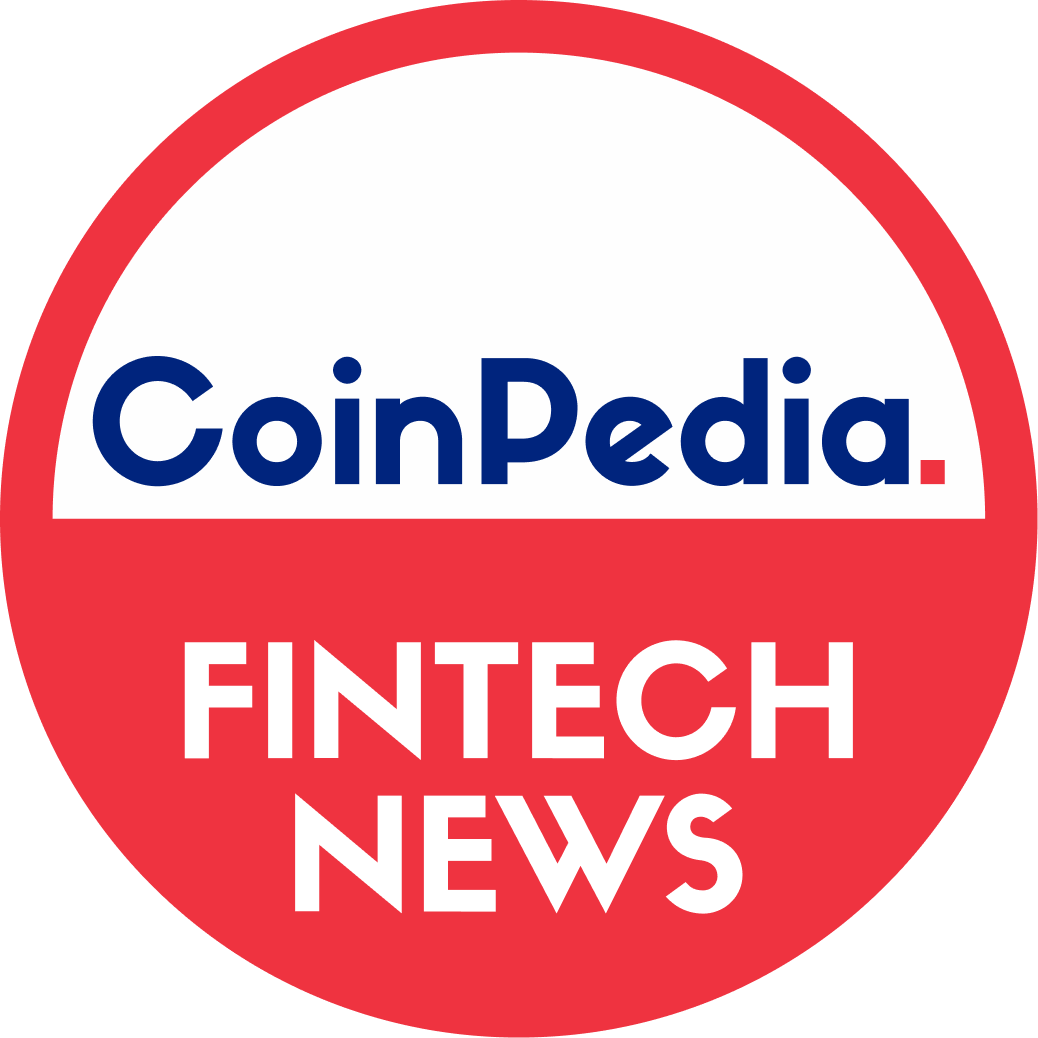At the World Trade Center in New York, leaders from finance and technology gathered to talk about the future. Among them was Ritesh Kakkad, co-founder of XDC Network, a blockchain built on three key promises of speed, cost efficiency, and sustainability.
Kakkad’s journey began in the early days of the internet. “If the internet digitized information, the next step had to be digitizing value,” he explained. That insight drove him toward blockchain more than a decade ago. However, instead of replicating Bitcoin or Ethereum’s energy-intensive models, the XDC Network focused on a new path.
The network runs on proof-of-stake consensus, which reduces energy consumption by 99%. Transactions settle in two seconds with near-zero fees, a dramatic shift from the days-long settlement cycles of traditional banking. “Money and value should move instantly,” Kakkad said.
Building for Inclusion
Beyond efficiency, Kakkad sees blockchain as a tool for financial inclusion. With 1.5 billion unbanked people worldwide, he believes blockchain wallets on mobile phones can unlock access to financial services where banks and ATMs can’t reach. “The technology can give dignity and opportunity to billions,” he noted.
Institutions Catching Up
As regulations clarify globally, from Japan to the U.S., institutional adoption is accelerating. Fortune 500 firms, once cautious, are now racing to integrate blockchain for stablecoins, tokenized real-world assets, and cross-border settlements. “There’s a FOMO among big players now,” Kakkad said.
The U.S. regulatory landscape has been particularly encouraging. Kakkad points to the Genius Act, which ensures U.S.-issued stablecoins are fully backed by treasuries or fiat. “It’s a landmark decision that gives confidence to fintechs and institutions alike,” he emphasized.
Expanding to Wall Street
After launching an ETP in Europe, XDC Network is now eyeing an ETF in the U.S., a move Kakkad calls critical for unlocking trillions in traditional capital. “ETFs give easier access for both institutions and retail investors. It’s the bridge we need between legacy finance and blockchain.”
The company is also finalizing a New York office, positioning itself in the world’s financial hub to work closely with custodians, exchanges, and regulators.
Tokenizing Commodities
Beyond finance, Kakkad is bullish on commodity tokenization. Through a partner project, Comtech Gold, XDC has already tokenized 150 kilograms of gold. Tokenization allows investors to hold fractional amounts, down to 0.001 grams, while enabling seamless liquidity. “The commodity market is worth hundreds of trillions. Even a 1% shift into tokenization is an $8 trillion opportunity,” Kakkad said.
What’s Next
With regulatory clarity, institutional buy-in, and a proven model, Kakkad believes blockchain’s inflection point is here. “We’re building not just for efficiency, but for trust, inclusion, and a more sustainable financial future.”
Greg Grzesiak is an Entrepreneur-In-Residence and Columnist at Grit Daily. As CEO of Grzesiak Growth LLC, Greg dedicates his time to helping CEOs influencers and entrepreneurs make the appearances that will grow their following in their reach globally. Over the years he has built strong partnerships with high profile educators and influencers in Youtube and traditional finance space. Greg is a University of Florida graduate with years of experience in marketing and journalism.
Credit: Source link



 Bitcoin
Bitcoin  Ethereum
Ethereum  Tether
Tether  XRP
XRP  Solana
Solana  USDC
USDC  Lido Staked Ether
Lido Staked Ether  TRON
TRON  Dogecoin
Dogecoin  Cardano
Cardano  Wrapped stETH
Wrapped stETH  Wrapped Bitcoin
Wrapped Bitcoin  Figure Heloc
Figure Heloc  Chainlink
Chainlink  Ethena USDe
Ethena USDe  Wrapped eETH
Wrapped eETH  Stellar
Stellar  Hyperliquid
Hyperliquid  Bitcoin Cash
Bitcoin Cash  Sui
Sui  Binance Bridged USDT (BNB Smart Chain)
Binance Bridged USDT (BNB Smart Chain)  USDS
USDS  WETH
WETH  Avalanche
Avalanche  LEO Token
LEO Token  USDT0
USDT0  Coinbase Wrapped BTC
Coinbase Wrapped BTC  Hedera
Hedera  Litecoin
Litecoin  WhiteBIT Coin
WhiteBIT Coin  Shiba Inu
Shiba Inu  Monero
Monero  Mantle
Mantle  Toncoin
Toncoin  Ethena Staked USDe
Ethena Staked USDe  Cronos
Cronos  Dai
Dai  Polkadot
Polkadot  Zcash
Zcash  Bittensor
Bittensor  Uniswap
Uniswap  OKB
OKB  MemeCore
MemeCore  World Liberty Financial
World Liberty Financial  Aave
Aave  Ethena
Ethena  Bitget Token
Bitget Token  Pepe
Pepe